Yukon NDP calls for new affordability measures to help Yukoners deal with inflation
September 28, 2022
Whitehorse, September 28th – Yukoners continue to be hit hard by the rising costs of fuel, food, and housing. As household expenses keep rising, the Liberals’ announced measures are simply not enough to help Yukoners afford the basics.
“Yukoners in need of financial support are insulted by this meager offering from the Liberals. People will be back where they started in a month or two. Yukoners deserve better” said Yukon NDP leader Kate White.
“The goal of any government should be to make the lives of residents better. With a near $40 million surplus in their spring budget, the Liberals should be looking closely at how to best use this money for the benefit of Yukoners. Yukon Government should not be sitting on a pile of cash, doling out nickels while so many are still struggling to get by.”
The Yukon NDP has issued three simple actions the government can take that would ease the burden of inflation right now.
1. Direct Inflation Relief
The Government should provide immediate financial relief for low- and middle-income Yukoners. This can be done through an income-tested increase to the next quarterly Yukon Carbon Rebates of between $250 and $500.
2. Increase the Yukon Child Benefit and index it to inflation
The Yukon Child Benefit has not been adjusted since 2015 and the cost of raising children has increased greatly since then.
A one-time upward adjustment from $820 to $983 per child would help struggling Yukon parents keep on top their expenses. This represents the inflation increase from 2015 to today.
The Yukon Child Benefit should then be pegged to the annual rate of inflation going forward to ensure families aren’t falling further behind each year.
3. Increase Social Assistance rates
Yukon’s Social Assistance rates not been reviewed since 2007 and despite being tied to inflation, they have never been enough to make ends meet in the territory.
The Government should immediately increase social assistance rates by $300 per month to reflect the cost of living in the territory in 2022 and commit to a full review of the rates.
“Yukoners have been sharing the many ways the cost of living has increased in recent years, and that their dollars don’t go as far as they used to. I have lived paycheck to paycheck, and I know what it’s like to count every dollar. Yukon Government should be doing more than helping people just get by – they should be supporting Yukoners to thrive.”
– Kate White, Yukon NDP Leader
Quick Facts:
1. Direct Inflation Relief
- Under this proposal, approximately 10,000 Yukoners over the age of 18 would receive a direct payment through a top up of the Carbon Tax Credit
- The following chart lays out how much each Yukoner would receive.
| Household size | Income level | Payment | Number of individuals | Cost |
| Single person | <$70,000 | $500 | 3,680 | $1,840,000 |
| Single person | $70,000-$89,999 | $250-499 | 825 | $309,375 |
| Couples | <$70,000 combined | $500 | 3,830 | $1,915,000 |
| Couples | $70,000 – $100,000 | $250-499 | 1,720 | $645,000 |
| Total Cost | $4,709,375 |
2. Increase the Yukon Child Benefit and index it to inflation
- This increase from a maximum of $820 to $983 per child represents what the rate would be today if it had been indexed to inflation since 2015.
- Under the current program, a Yukon family of two children and two parents earning a combined $69,000 per year, they would receive $312.56 total. The proposed increase would bring that figure to $374.68
- For a household of two children and two parents earning under $35,000 per year, they would receive $1,966, up from $1640.
- The government estimates that it would spend $1.45 million on the Yukon Child Benefit in the 2022-23 year. This increase would bring that up to $1.74 million.
3. Increase Social Assistance rates
- A $300 monthly top up represents an approximately 17% increase for recipients of Social Assistance.
- This amount not only helps them keep up with current inflation but gets rates closer to where they ought to be.
- If implemented for this October, this increase would represent an estimated budget cost of $2,199,600 for the remaining six months of the year.
- Total estimated cost of all three initiatives is $7,198,975 for the year, a fraction of the estimated $40 million budget surplus.
-30-
